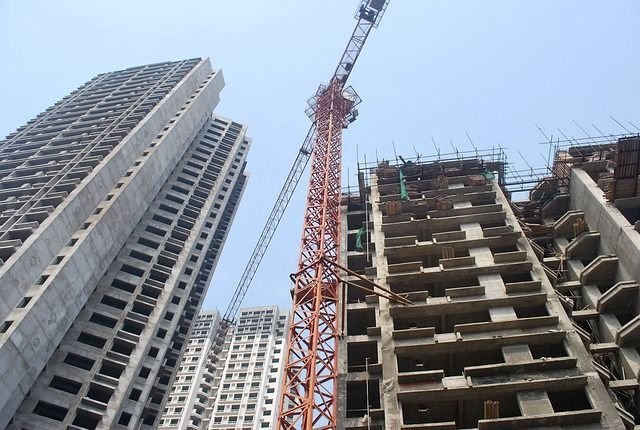PETALING JAYA: Malaysia’s property market is expected to experience a reacceleration in the second half of 2025, says Affin Hwang Investment Bank Bhd.
In a report, it said it will maintain an “overweight” stance on the sector as earnings visibility is set to improve as developers ramp up billings from deferred launches and back-loaded execution.
“While the revised sales and service tax (SST) framework introduces incremental cost pressure, 6% to 8%, our analysis suggests that margin drag remains manageable,” it noted.
SST absorption could weigh incrementally on margins for developers with larger exposure to industrial, data centre, or non- Housing Development Act mixed-use products.
“Developers typically pass on SST-related costs via higher selling prices, though weaker markets like offices may see partial absorption to sustain take-up.
“However, we think demand in the industrial and commercial segment should remain strong and enhance pass-through ability, reducing the likelihood of any meaningful margin erosion,” the report said.
But it is worth noting that serviced apartments built on commercial land but intended for residential use will be exempted from the 6% SST on construction services.
The research house explained the sector is shifting its focus toward industrial monetisation and lease-based recurring income, with developers like Sime Darby Property Bhd (SimeProp) and Eco World Group Development Bhd (EcoWorld Malaysia) benefiting from strong traction in data centre (DC) and custom built facilities) deals.
(SimeProp) and Eco World Group Development Bhd (EcoWorld Malaysia) benefiting from strong traction in data centre (DC) and custom built facilities) deals.
It also said UOA Development Bhd (UOAD) is gaining momentum, supported by healthy sales at well-located projects such as Bamboo Hills.
(UOAD) is gaining momentum, supported by healthy sales at well-located projects such as Bamboo Hills.
“We favour developers with active land banking strategies, strong DC land sales, and rising leasing income.
“SimeProp (industrial projects comprise 35% of remaining gross development value) and EcoWorld Malaysia (33%) stand out for their execution consistency and leasing strength,” it noted.
Furthermore, the research house said the sector’s current share price discount to revalued net asset value is at 41%, nearly a standard deviation below its five-year average. Affin Hwang Investment noted it sees a potential re-rating as the Johor-Singapore Special Economic Zone remains a standout catalyst.
A catalyst would be Exsim Group’s Causewayz @ Lumba Kuda that achieved full take-up within an hour for phase one.
“EcoWorld Malaysia and SimeProp are best positioned to leverage industrial and data centre demand given strong land monetisation pipelines.
“UOAD now offers a differentiated angle via its Johor RTS-linked project; with average-selling-prices guided at RM1,000 to RM1,200 per sq ft, pricing could be revised upward amid expectations of stronger-than-expected demand,” Affin Hwang explained.
Meanwhile, Affin Hwang said while it has a positive view, key downside risks still exist, and include a rise in property overhang adversely impacting demand and product pricing; and labour shortages and rising building material costs, which will lead to higher operation costs.

